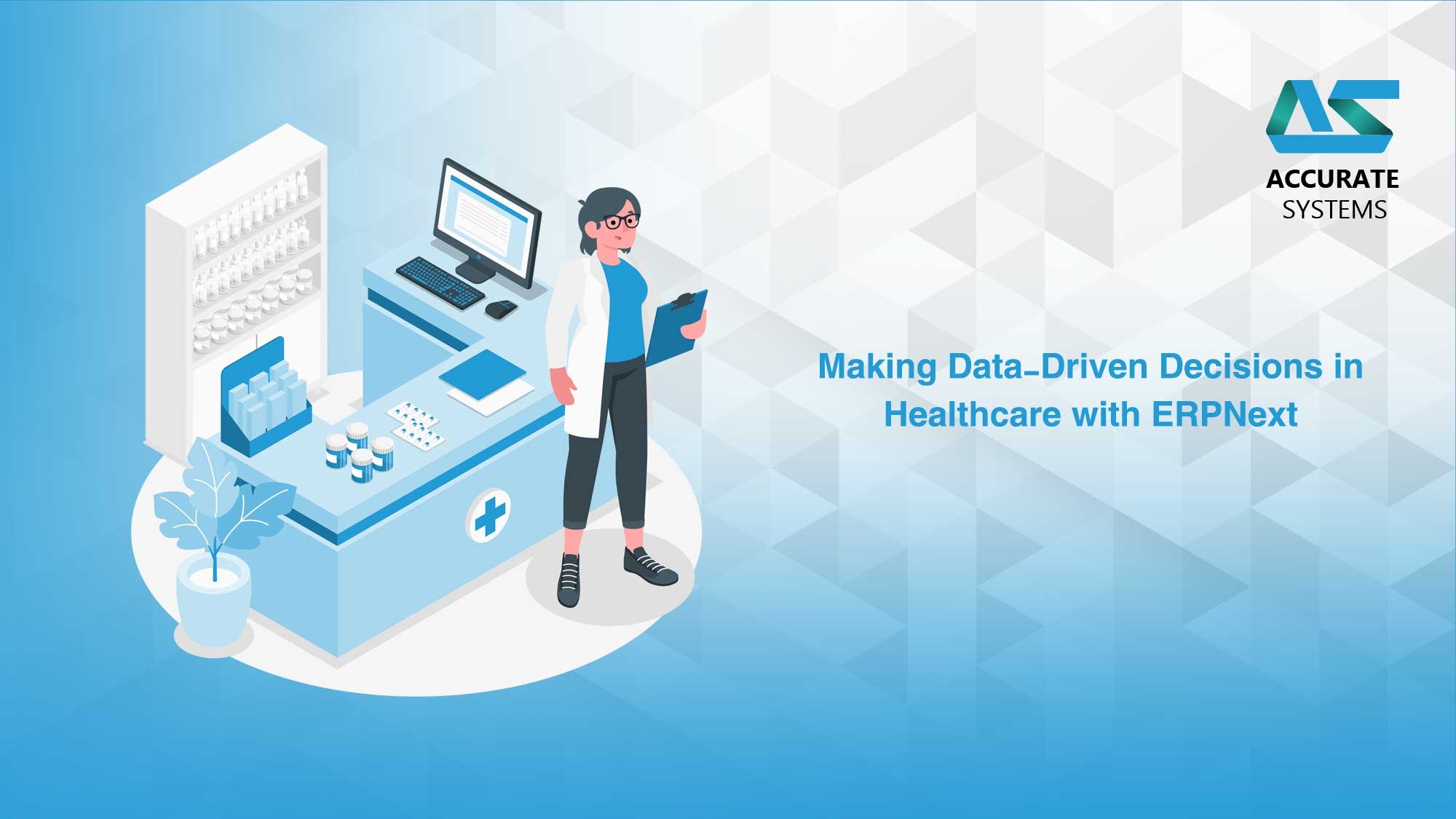In today’s healthcare landscape, data is king. Effective patient care hinges on the ability to access and analyze critical information quickly and efficiently. This is where ERPNext, an open-source Enterprise Resource Planning (ERP) system, comes in. ERPNext for healthcare, specifically the Frappe Health module, empowers medical institutions with the tools to centralize and leverage their data for better decision-making.
Key Features for Data-Driven Healthcare
ERPNext boasts several features that make it a valuable asset for data-driven healthcare:
- Patient Encounters: Create a detailed record of every patient interaction, including symptoms, diagnoses, medications, and vitals. This centralized repository allows for comprehensive patient history analysis and informed treatment plans.
- Clinical Procedures: Manage a library of clinical procedures with pre-configured details like consumables needed. This streamlines data collection during procedures and facilitates accurate cost calculations.
- Medical Coding: Standardize medical coding practices by supporting multiple coding systems like ICD-10. This ensures accurate billing and facilitates data analysis for healthcare performance metrics.
- Laboratory Management: Integrate lab results seamlessly into patient records. This eliminates the need for manual data entry, improves accuracy, and enables faster diagnosis.
- Reporting and Analytics: Generate pre-built reports on various aspects like patient appointments, lab tests, and financial performance. Additionally, ERPNext allows for the creation of custom dashboards to visualize key metrics and identify trends.
Benefits of Data-Driven Healthcare with ERPNext
By leveraging ERPNext’s data-centric features, healthcare providers can reap several benefits:
- Improved Patient Care: Centralized data empowers clinicians to make informed decisions based on a patient’s complete medical history.
- Enhanced Efficiency: Streamlined workflows and automated data capture reduce administrative burden and free up valuable time for patient care.
- Reduced Costs: Accurate data enables better financial management and cost control. Identification of areas with high expenditure allows for optimization and resource allocation.
- Better Compliance: Standardized data practices ensure adherence to regulations and improve data integrity for reporting purposes.
- Data-Driven Decision Making: Healthcare leaders can leverage reports and analytics to make informed decisions about resource allocation, staffing, and service offerings.
Open-Source Advantage
ERPNext being open-source offers a significant advantage. Here’s why:
- Customization: The system can be adapted to meet the specific needs of your healthcare institution without vendor lock-in.
- Cost-Effective: Open-source eliminates licensing fees, making it a budget-friendly solution for healthcare providers.
- Security: The open-source nature allows for continuous community scrutiny and improvement of the security features.
ERPNext with its Frappe Health module provides a robust platform for managing and utilizing critical healthcare data. By centralizing patient information, streamlining workflows, and facilitating data analysis, ERPNext empowers healthcare providers to make data-driven decisions, ultimately leading to improved patient care, operational efficiency, and cost control.


